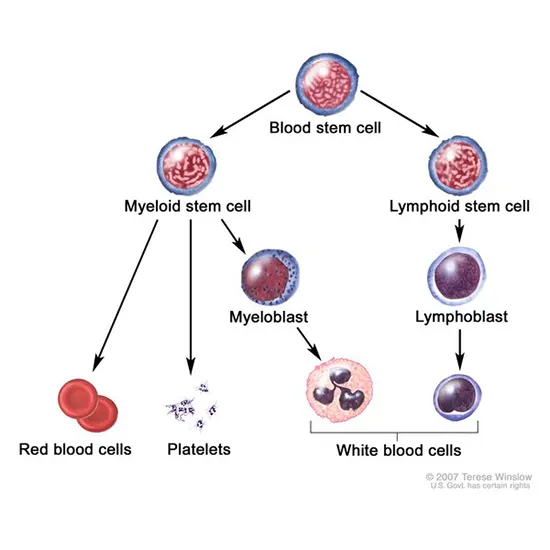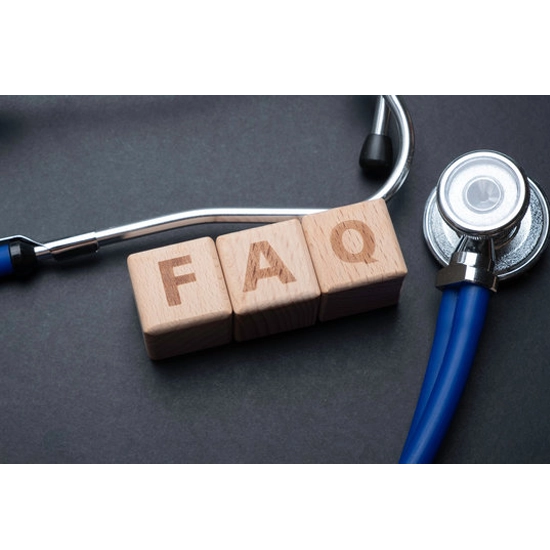
Book Congenital Dyserythropoietic Anemia Gene Appointment Online Near me at the best price in Delhi/NCR from Ganesh Diagnostic. NABL & NABH Accredited Diagnostic centre and Pathology lab in Delhi offering a wide range of Radiology & Pathology tests. Get Free Ambulance & Free Home Sample collection. 24X7 Hour Open. Call Now at 011-47-444-444 to Book your Congenital Dyserythropoietic Anemia Gene at 50% Discount.
Codanin-1 mutations lead to type I congenital dyserythropoietic anaemia. Congenital dyserythropoietic anaemia type II is brought on by mutations that impair the secretory COPII coat component SEC23B. KIF23, a member of the kinesin family, is the gene that is mutated to cause congenital dyserythropoietic anaemia type III (CDA III).
Anemia of varying degrees is the hallmark of congenital dyserythropoietic anaemia type 2 (CDA II), a genetic blood condition. In early adulthood or adolescence, it is typically diagnosed.
Large multinucleated erythroblasts and the absence of splenomegaly are two features of the autosomal dominantly transmitted condition CDA III.
This illness is one of several varieties of anaemia, which is a disease marked by a deficiency of red blood cells.
The most prevalent kind of CDA (see this term), congenital dyserythropoietic anaemia type II (CDA II), is characterised by anaemia, jaundice, and splenomegaly and frequently results in liver iron excess and gallstones.
In order to identify congenital dyserythropoietic anaemia (CDA), blood tests, including a full blood count, are performed. bone marrow testing. a test for serum bilirubin that can identify the aetiology of jaundice and spot enhanced red blood cell oxidation
It is characterised by dyserythropoiesis, large multinucleated erythroblasts in the bone marrow, and mild to moderate anaemia as a symptom.
An autosomal dominant red blood cell condition known as congenital dyserythropoietic anaemia type IV (CDAN4) is characterised by inefficient erythropoiesis and hemolysis, which results in anaemia. Erythroblasts in the bone marrow and those in circulation exhibit a variety of morphologic abnormalities.
Congenital dyserythropoietic anaemias (CDAs) are extremely uncommon, heterogeneous genetic illnesses of the red blood cell that are characterised by impaired erythropoiesis, aberrant erythroblast morphology, hemolysis, and hypoglycosylation of proteins and lipids in the red blood cell membrane.
D64. 4 for ICD-10-CM for According to the WHO, congenital dyserythropoietic anaemia falls under the category of diseases of the blood, blood-forming organs, and specific immune system abnormalities.
Given that both parents are carriers, what is the likelihood (in percent) that a kid would be affected by an autosomal recessive disorder?
a 25%
You have a 25% (1 in 4) chance of receiving the faulty gene from both parents and getting the disease if your parents have the same autosomal recessive gene.
| Test Type | Congenital Dyserythropoietic Anemia Gene |
| Includes | Congenital Dyserythropoietic Anemia Gene (Pathology Test) |
| Preparation | |
| Reporting | Within 24 hours* |
| Test Price |
₹ 21000
|

Early check ups are always better than delayed ones. Safety, precaution & care is depicted from the several health checkups. Here, we present simple & comprehensive health packages for any kind of testing to ensure the early prescribed treatment to safeguard your health.